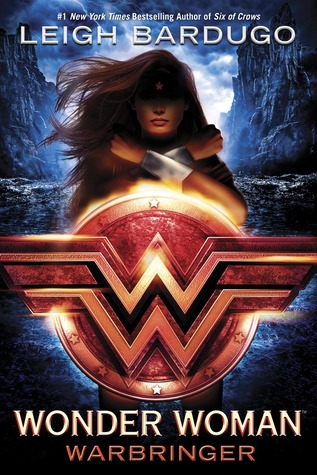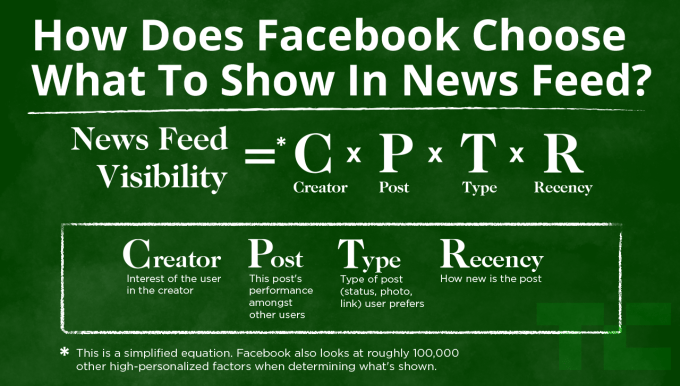Librarians
with ukuleles - it's a craze! When I mentioned at a job interview that I
play an instrument, the Director interviewing me said, "let me guess:
ukulele." Who knew?
There's a reason for this: they're
fun, easy to learn, and add a little extra zing to your storytimes.
(Also: George Harrison's favorite instrument was the ukulele, and if
it's good enough for a Beatle, it's good enough for me.)
My Story
A few years ago, my library started circulating some
unusual items, including a telescope, American Girl dolls, and two
ukuleles (complete with tuners and how-to books). I checked one out and
had so much fun that I ended up buying my own, and have been promising
myself that I would play it at storytime. I had the best of intentions,
and every so often I would pick it up and start to learn a couple tunes,
before neglecting to pick it up again for weeks at a time. (Note: You can't learn if you never practice.) When it came
up in my Time Hop that I've had it for four years and still couldn't
really play, I decided that it was time to take the plunge and really
learn to use the thing.
I joined the
Librarians with Ukes
Facebook page, bought myself some how-to books, watched a lot of
YouTube, and - yes, started playing at storytime. I'm loving it!
Honestly - what took me so long?! Once you know a few chords, you can
play tons of songs, and the kids
love it! All it takes is a little practice.
Why It's Awesome
I try to play one song a week on the ukulele,
and the kids always get really excited when they see me unzip the bag.
The first few times, I made a point of saying how, "I'm just learning,
so I might not be very good yet. That's okay, because you can't be good
at everything right away, and I'm having fun, which is the important
part." I quickly learned - they have no idea if I'm any good or not, but
they don't care, because it's music!
Some of the first ukulele-playing librarians I met were Jessica Lamarre and Noelle Boc, who are both amazing librarians even without the music. Ms. Lamarre enjoys uke storytime because it "
gives plenty of opportunities for audience participation."
Some testimonials from other uke-brarians:
Ronda Kirkbridge commented, "I
played because the kids loved it! The ukulele is such a happy sounding
instrument and that translates back to my little ones as joyful,
hand clapping, dancing, fun music!"
Susan Perry also commented, "
The
first time I brought a ukulele into storytime, I wasn't really very
good, but at the first chord I strummed, I will never forget the faces
of my storytime kids--their eyes went wide, their mouths dropped open and they were completely mesmerized. I knew
then I'd found something special to add to my storytimes. That was
about 2 years ago. Now I play 3-4 songs each week and the children are
still totally enthralled by it."
I love this article on the ALSC blog,
"Music and Libraries: A Magical Combination"
by Tess Goldwasser. She explains exactly why she loves it, and the
wonderful ways that music can transform a library. (I would paraphrase,
but she did an excellent job writing, so please take a read.) Ms.
Goldwasser's article inspired many people, including Lisa Taylor, who
wrote her own article
in response.
How To Get Started
First, you need to buy yourself an instrument. I got mine at a local music store, but you can get them online from
Amazon very inexpensively - some as low as $20. A super cheap instrument won't be the best quality out there, but it'll give you a chance to try your hand at playing without a huge investment.
Now that you have it, let's learn! There are some amazing YouTube tutorials out there! We particularly like:
Cynthia Lin's YouTube channel
The Ukulele Teacher
Ukulele Cheats
Ukulele Storytime
I
also use an app on my iPhone called "Yousician," which teaches ukulele,
guitar, bass, and piano. It's free for 30 minutes of lessons a day, and
you can get unlimited lessons for $9.99 a month. (No, they didn't pay
me to say this. And I use the free lessons, anyway.) It listens to you
play with the microphone in your phone, and lets you know if you're
doing well or need more work.
There are also lots of books that will help. The Hal Leonard books, like
this one, are incredibly helpful. I also enjoy
The Daily Ukulele, which even tells you at the top of each song which chords you will need.
Once you're comfortable with a few chords, be sure to check out
the Storytime Ukulele Blog, written by April Ens, who posts classic (and new!) storytime songs with their chords. (Side note: I was actually going to mention this one before I found out she was a member of the Facebook ukulele group - April, you rock!)
GotAUkulele.com is also extremely helpful.
Librarian Melanie Ramsey recommends joining your local ukulele group. She was able to partner with the
Allegheny Uke Club.
For inspiration, be sure not to miss
Jake Shimabukuro's version of "Bohemian Rhapsody." It's amazing!
Special Thanks!
Special thanks to the members of the
Librarians With Ukes
Facebook group, especially Rhonda Kirkbridge, Tess Sparky Goldwasser,
Lisa Taylor, Susan Perry, Jessica Lamarre, Deanie Michelle, April Ens,
Kris Embry, and Melanie Ramsey.













